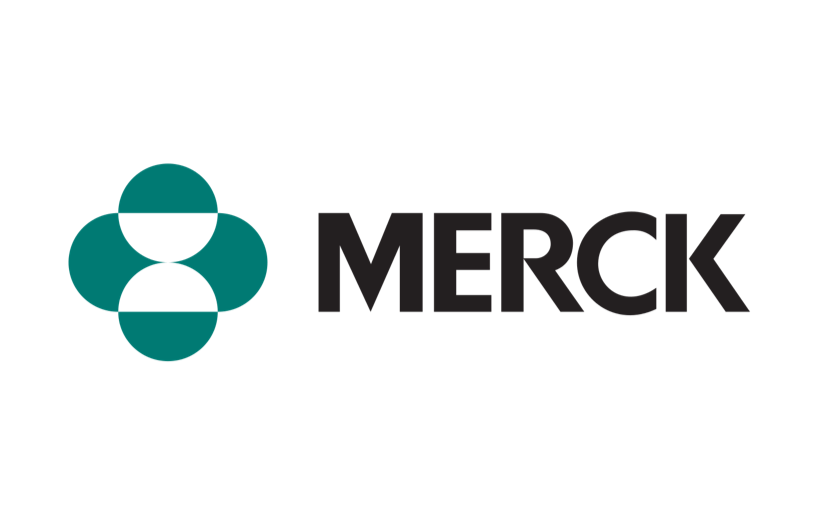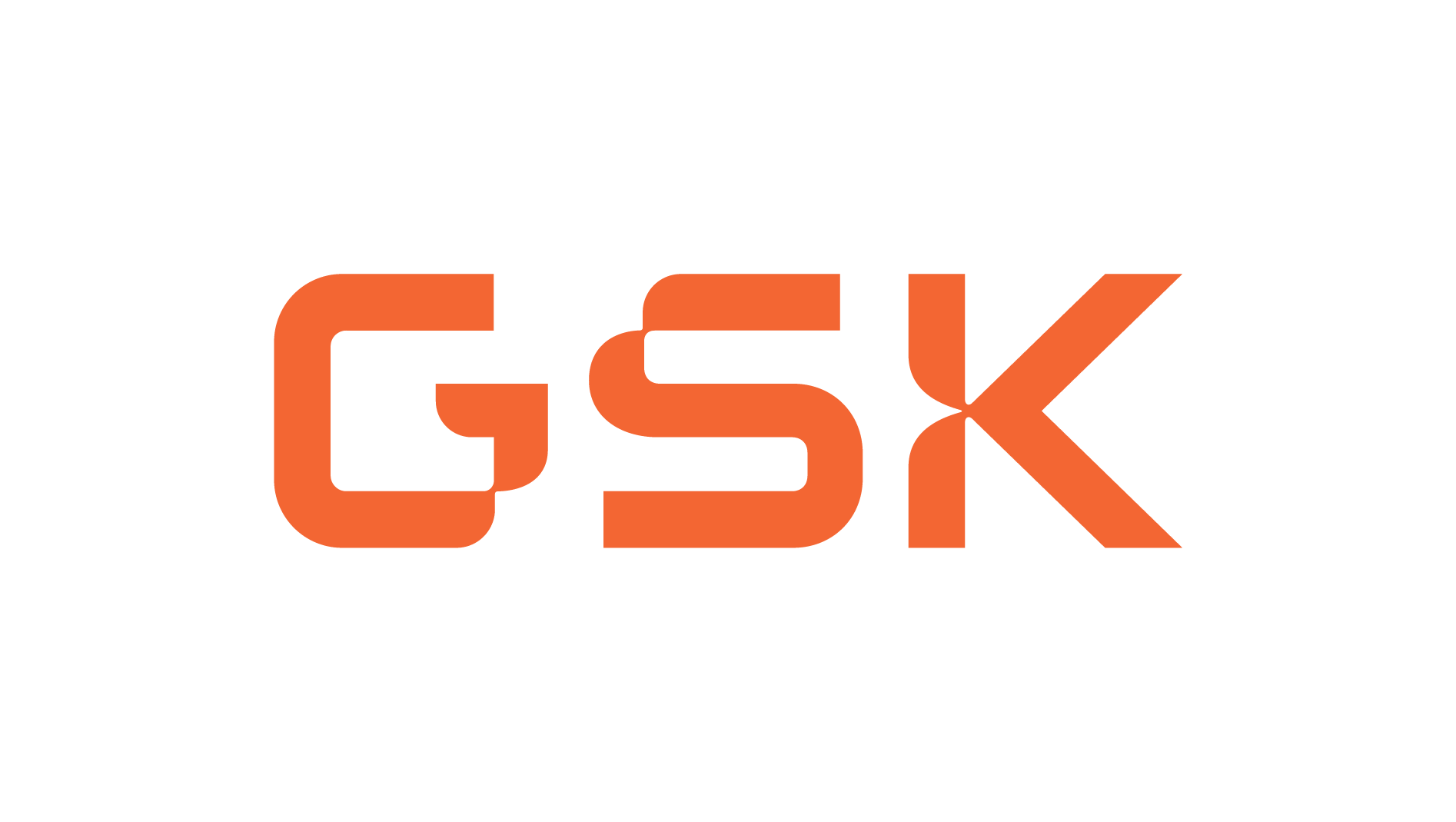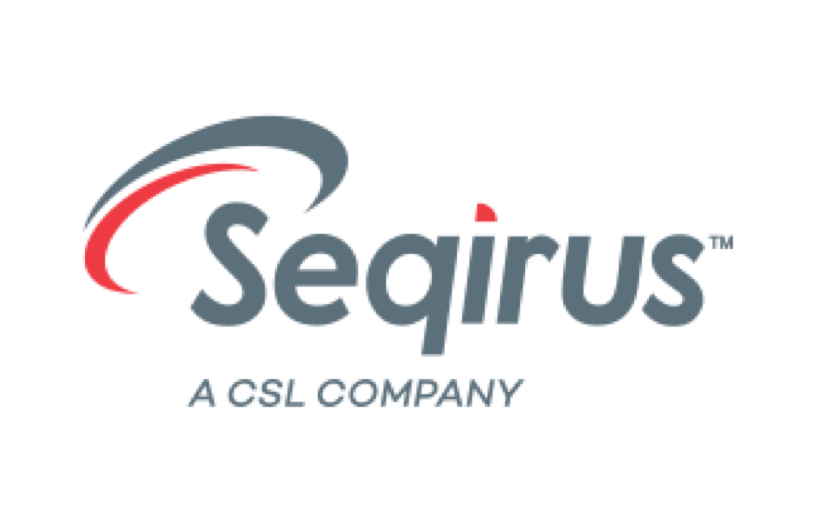Everything You Need to Know About Purchasing Vaccines for Your Practice
Vaccines and immunization procedures are a critical part of any primary care provider’s role in helping patients protect themselves against vaccine-preventable diseases. While there are costs associated with providing vaccines, there are ways medical practices can manage the costs and administration to keep their patients and their practices healthy. One way is to become a member of a vaccine purchasing group.
What is a Physician Buying Group?
A physician vaccine buying group, also known as a PBG, gives providers the buying power to order vaccines at favorable prices. These organizations are not distributors, but rather contract directly with vaccine manufacturers to provide their members with the best prices and terms. Physician buying groups do not purchase discounted vaccines, but rather work with vaccine manufacturers to offer the lowest vaccine pricing.
Physician buying groups like Atlantic Health Partners (AHP) differ from traditional healthcare group purchasing organizations (GPO) in that they focus on serving physician practices rather than hospitals. Physician buying groups typically serve a range of clinical care settings that provide vaccines, including but not limited to: primary care medical practices, hospital owned and managed primary care offices, multi-specialty groups, urgent care and walk-in clinics, worksite healthcare organizations, and federally qualified health centers.
How is a Vaccine Purchasing Group Different from Medical Supply and Vaccine Suppliers and Distributors?
Suppliers or distributors purchase vaccines from manufacturers and sell them to providers. Vaccine purchasing groups differ in that they establish special pricing on vaccines for their members who then typically order directly from manufacturers and participating distributors.
How Physician Buying Groups Work
Similar to other healthcare group purchasing organizations, or physician buying groups, vaccine buying groups convene providers and use a strength-in-numbers approach to achieve favorable pricing on vaccines and adjacent medical supplies.
Who can join a vaccine buying group?
Most any type of physician practice, clinic, or urgent care center can become a member of a vaccine buying group.
What are the benefits of joining a vaccine buying group?
The benefits of joining a vaccine buying group are unique to each practice and healthcare organization, but can include the ability to access lower pricing, better payment terms, and with AHP, members receive comprehensive support for all immunization-related issues.
How do vaccine buying groups get vaccines at a lower cost?
Vaccine buying groups work directly with and promote the respective products of, vaccine manufacturers like Sanofi Pasteur, Merck, and GlaxoSmithKline to establish group discount prices. This means that when a practice purchases vaccines as a vaccine buying group member, they receive the physician buying group’s contracted prices.
Do vaccine buying groups work with all vaccine manufacturers?
While most vaccine buying groups work with a few different manufacturers, Atlantic Health Partners is unique because we work with all major vaccine manufacturers, including Merck, Sanofi Pasteur, GlaxoSmithKline, Pfizer, Sequiris, and Dynavax.
How can an organization join a vaccine buying group?
Member intake procedures vary by vaccine buying group, but generally a physician practice or healthcare organization can join simply by completing a membership agreement. For Atlantic Health Partners members, we review the immunizations that are the best fit with that practice.
What is the cost to join?
For most vaccine buying groups, there is no cost for a practice to become a member.
How much can a practice save by joining a vaccine purchasing group?
The savings a practice will incur through their membership with a vaccine purchasing group will vary depending on several factors including: number of vaccines needed, types of vaccines needed, vaccine demand, and the negotiated rates the vaccine purchasing group has with each manufacturer.
How to Order Vaccines as a Physician Buying Group Member
The process of placing orders for vaccines, as a member of a vaccine purchasing group, may vary. Below, we briefly outline the process for ordering vaccines directly with manufacturers through Atlantic Health Partners.
Providers first join Atlantic Health Partners through a no-cost application.
After determining which vaccines best meet their needs, practices are linked to AHP’s contract pricing. Members can place their vaccine orders online, by phone, or directly with a representative from the vaccine manufacturer. There are no minimum quantities required.
Members’ orders automatically receive Atlantic Health Partners’ preferred contracted pricing.
Manufacturers and participating distributors ship the ordered vaccines directly to the member.
Beyond vaccine orders, Atlantic Heath Partners also offers advocacy and reimbursement support, a comprehensive flu vaccine program, and other services.
Tips for Choosing the Right Vaccine Purchasing Group
Before joining a vaccine purchasing group, it’s important for providers to make sure the group offers the additional support and services they need to maintain a comprehensive immunization program. Below are a few questions to help determine if a specific vaccine purchasing group is the right fit for your practice:
Does the vaccine purchasing group work with the manufacturers of the vaccines my practice needs most?
Do they offer vaccine purchasing support?
Can I order vaccines directly through the manufacturers, and is there an option to order from distributors?
Are there minimum orders?
Does the buying group offer pricing and purchasing options that best serve the needs of my practice?
Do they offer communication on relevant vaccines news, product updates, and reminders for orders?
Are there other ways that this vaccine buying group can help support my practice?
By partnering with the right vaccine buying group you’ll be well-equipped to support all your patients’ vaccine needs, now and into the future.
How Much Do Vaccines Cost?
The cost of vaccines can vary by the specific product and manufacturer. Preferred pricing through a physician buying group will also vary depending on their partnership with the manufacturer. To gain a baseline understanding of the manufacturers’ standard pricing with no discounts, providers can always check the Centers for Disease Control and Prevention (CDC) Vaccine Price List, which lists the current catalogue, or list prices, for all vaccines.
Leading Vaccine Manufacturers
There are ten primary pharmaceutical companies that offer vaccines, including: Merck, Sanofi Pasteur, GlaxoSmithKline, Pfizer, Seqirus, Dynavax, AstraZeneca, Moderna, Novavax, and Bavarian Nordic. For more information on the vaccines that each manufacturer currently produces, click on the links below.
Each manufacturer provides additional resources on the vaccines they provide and their intended populations. Providers may reach out to their vaccine buying groups for easy access to these materials.
Types of Vaccines
There are four main types of vaccines, each with different ways of working to guard a person’s immune system from disease.
Live-attenuated vaccines use the weakened (attenuated) form of the virus to protect against diseases such as measles, mumps, and rubella (through the MMR vaccine), and varicella (chickenpox).
Inactivated vaccines use a protein or another small piece from a virus or bacteria. This vaccine type is used to protect against the flu, polio, and hepatitis A.
Toxoid vaccines use a toxin made by the germ that causes a disease. This creates immunity to the parts of the germ that cause a disease rather than the germ itself. This vaccine type is used to protect against diphtheria and tetanus.
Subunit, recombinant, polysaccharide, and conjugate vaccines utilizes specific pieces of a germ, such as its protein, sugar, or capsid. Vaccines that protect against HPV and shingles utilize this type of vaccine.
By understanding how vaccines are created, providers are able to make the best recommendation for which vaccines will best protect each patient. For more information on what vaccines patients need, and when, see the CDC’s Immunization Schedules.
Common, CDC-Recommended Vaccines and the Illness They Help Prevent
There are a wide range of vaccines that are now available to protect against many diseases. Some vaccines protect against one illness or disease, while others are combination vaccines, protecting against multiple diseases. Below, you’ll find a list of vaccines recommended by the CDC.
DTaP vaccine
A combined vaccine which protects against diphtheria, tetanus, and acellular pertussis, commonly known as whooping cough.
Hepatitis A vaccine
Protects against the preventable, communicable disease of the liver caused by the hepatitis A virus (HAV).
Hepatitis B vaccine
Protects against liver infection caused by the hepatitis B virus (HBV).
Haemophilus influenzae type b (Hib) vaccine
Haemophilus influenzae type b can cause many different kinds of infections, which usually affect children under 5 years of age, but can also affect adults.
Human papillomavirus (HPV) vaccine
Protects against the nine most common strains of the human papilloma virus, which is known to cause six types of cancer, including cervical cancer.
Inactivated poliovirus vaccine
This vaccine protects against polio, also known as poliomyelitis.
Influenza (Flu) vaccine
This vaccine protects against the influenza viruses which causes a contagious respiratory illness that infects the nose, throat, and lungs.
Measles, mumps, rubella (MMR) vaccine
This is a combined vaccine that protects against measles, mumps, and rubella.
Meningococcal conjugate or A, C, W, Y (MenACWY)
This is one of two vaccines that protects against meningococcal disease, which is any type of illness caused by Neisseria meningitidis bacteria. This vaccine specifically targets illness caused by serogroups A, C, W, and Y.
Meningococcal B (MenB) vaccine
This is one of two vaccines that protects against meningococcal disease, which is any type of illness caused by Neisseria meningitidis bacteria. This vaccine specifically targets illness caused by serogroups B.
Pneumococcal conjugate vaccine
This vaccine protects against any type of illness caused by Streptococcus pneumoniae bacteria and is meant for children under two years old or adults 65 or older.
Pneumococcal polysaccharide vaccine
This vaccine protects against any type of illness caused by Streptococcus pneumoniae bacteria and is recommended for adults 65 years or older.
Rotavirus vaccine
This vaccine protects against the rotavirus, which spreads easily among infants and young children.
Tdap vaccine
This combined vaccine protects against tetanus, diphtheria, and acellular pertussis (whooping cough).
Varicella vaccine
This vaccine protects against the varicella-zoster virus (chickenpox), which is highly contagious.
Zoster recombinant
This vaccine protects adults against herpes zoster, more commonly known as shingles.
Vaccine Data and Statistics
A wide range of vaccine research and below we highlight some key ways vaccines have positively impacted population health.
The recommended vaccination schedule in the U.S. targets 17 different diseases.
The CDC estimates that the current childhood immunization schedule prevents approximately 42,000 deaths and 20 million cases of disease.
A study from the Journal of Infectious Disease estimates that the pneumococcal conjugate vaccine has prevented 211,000 serious pneumococcal infections and 13,000 deaths from 2000-2008.
Research published in the journal, The Pediatric Infectious Disease Journal, found that routine rotavirus vaccination prevents an estimated 40,000-60,000 rotavirus hospitalizations each year.
Since the introduction of the varicella vaccination in 1995, the CDC reports that the number of cases has fallen by approximately 90%.
Additional Vaccine Resources
For the most current and trusted information providers and patients should always cross reference and refer to guidance from the designated authorities on immunization, some of which we’ve noted below. Click here for a comprehensive list.
Current Vaccine News
For providers, patients, and parents, it can be helpful to stay informed of vaccine news, including updates on new vaccine developments, changes to vaccine recommendations, and other helpful information to help them make the best possible decision about their health and the health of their patients.
Vaccine Innovation
Vaccine research and development is a never-ending process. As time wears on and diseases evolve new strains, researchers work constantly to develop vaccines against new diseases, as well as improve vaccines that already exist.
Below we highlight a few recent and in-the-works vaccine innovations:
Vaxelis Combination Vaccine
Merck and Sanofi Pasteur (MSP) recently developed a combination vaccine for infants that includes DTAP, Polio, HIB, and Hepatitis B. Vaxelis has been approved for a three-dose schedule at ages 2, 4, and 6 months, and would be an alternative to Pentacel or Pediarix. Vaxelis can lower the number of injections for infants, is preservative-free, and is available in both prefilled syringes and single-dose vials with no reconstitution required. Contact us to receive favorable pricing on this new vaccine.
Universal Influenza (Flu) vaccine
Each year the World Health Organization analyzes influenza surveillance data and issues recommendations for the Northern Hemisphere’s upcoming seasonal flu vaccine. From this recommendation, researchers determine which strains the vaccine should protect against. This means that patients must be vaccinated against the flu before the start of the flu season every year. Researchers hope to change this by developing a “universal” vaccine that protects against many different influenza strains. Learn more here.
HIV vaccine
In 2018, 37,832 people were diagnosed with HIV infection in the U.S. The development of a safe and effective HIV vaccine is critical to ending to the HIV pandemic. Researchers are working to develop and test an HIV vaccine that will protect against several strains of the virus. Learn about ongoing research here.
TB vaccine
Tuberculosis (TB) is the world’s leading infectious cause of death. One vaccine currently exists to protect against TB: the Bacille Calmette-Guérin (BCG) vaccine. It’s commonly given to infants and small children in regions where TB is common, but it does not always protect people from getting TB. Researchers are currently working to develop a vaccine that will prevent TB disease in adolescents and adults. Learn more about the vaccine development here.






















